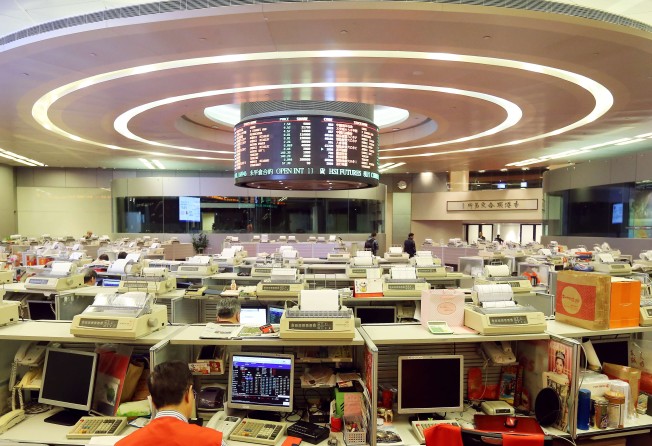How farming publicly traded companies has become a part-time job for novices
Issuers with key characteristics of shell companies were given the green light to list by regulators

George, 20, a fresh graduate, recently got a part-time job – shell farming.
It’s not about going into the water at Lau Fau Shan to nurture the oysters suspended under sea. His job is to turn a cookie business into something big enough for listing in the Growth Enterprise Market. He is farming publicly traded shell companies.
On top of a regular salary, he was promised 15 per cent of the numbers that he’d managed to “grow” the cookie shop into within a year or two.
That will be at least HK$3 million, given the minimum requirement of HK$20 million positive operating cash-flow for a GEM listing.
The bright young man, whom Money Matters knew as a toddler, has been earning his own tuition fee for years. But creating a listing firm from a biscuit shop with only three outlets is hard to imagine.
His boss comforted him with what he called a standard formula - find three more outlets to add to the shop; make an e-bakery platform that delivers to mainland China and the financial numbers will be taken care of by the specialists.
“Don’t worry about money. Just go and locate the shops,” said his boss.
Some may find this ridiculous. Yet the reality is “shell farming” has become such a commodity that, greenhorns like George are hired to do the basics.
What used to be the specialities of those with money, knowledge and connections is now being done by accountants and lawyers with money pooled from the rich.
The return is good. A clean listed shell on the main board can easily fetch HK$600 million. Shower HK$200 million on a dozen businesses and if one makes it to the listing market, you will be enjoying a 200 per cent return within two to three years.
The concept was so attractive that scams are happening. The police are understood to have received reports of investors being cheated with fake shares in listing aspirants.
Wait a second. Didn’t the regulators pledge to tighten the vetting of listings early this year to weed out shell farming?
On June 3, amidst increasing market criticisms, the Listing Committee issued a guidance letter, pointing out at least eight “red flags” widely seen in listed companies that have changed hands very soon after listing.
The regulators said these features would cause it to question an applicant’s suitability of listing and require more justification before endorsing.
Yet, of the 13 companies listed in the past three weeks, five have six red flags – tutorial house Goldway Education Group, cigarette package producer Mengke Holdings, interior decoration firm KW Nelson Interior Architect Group, hobby game publisher CMON and structural engineering consultant KNK Holdings.
Firstly, all five pocketed less than half of the listing proceeds after paying hefty professional expenses, making the reason of listing questionable.
The tutorial school pocketed only HK$15 million from the listing, planning to open seven centres by 2019. It paid HK$28 million in dividends before it went public.
Secondly, they barely meet the basic profit or cash-flow requirement. A deteriorating profit is their third feature. Mengke’s total profit for the past three years was just about the HK$50 million minimum. It lost 1.5 million yuan in the first five months of this year.
The fourth and fifth red flags are that they all have small market capitalisations and very few assets – two features welcomed by “shell” buyers for the simplicity.
Despite being a manufacturer, Mengke’s fixed assets make up only 18 per cent of its total assets. For interior decorator company KW Nelson fixed assets account for just 1 per cent, the rest being largely money owed by a director and clients as well as cash.
Finally, they have little external funding before listing.
Other than an additional page in their prospectus that talked about reasons for listing, such as better marketing, these companies are no different from those shell listed before the tightening.
In fact, some of them have exhibited no less volatility.
KW Nelson’s share price rocketed more than 20 times on its first day of trading. Its share price is now 26 times its listing price.
Actions speak louder than words. No wonder George’s boss told the young man not to worry about resources to cook up the cookie shop.